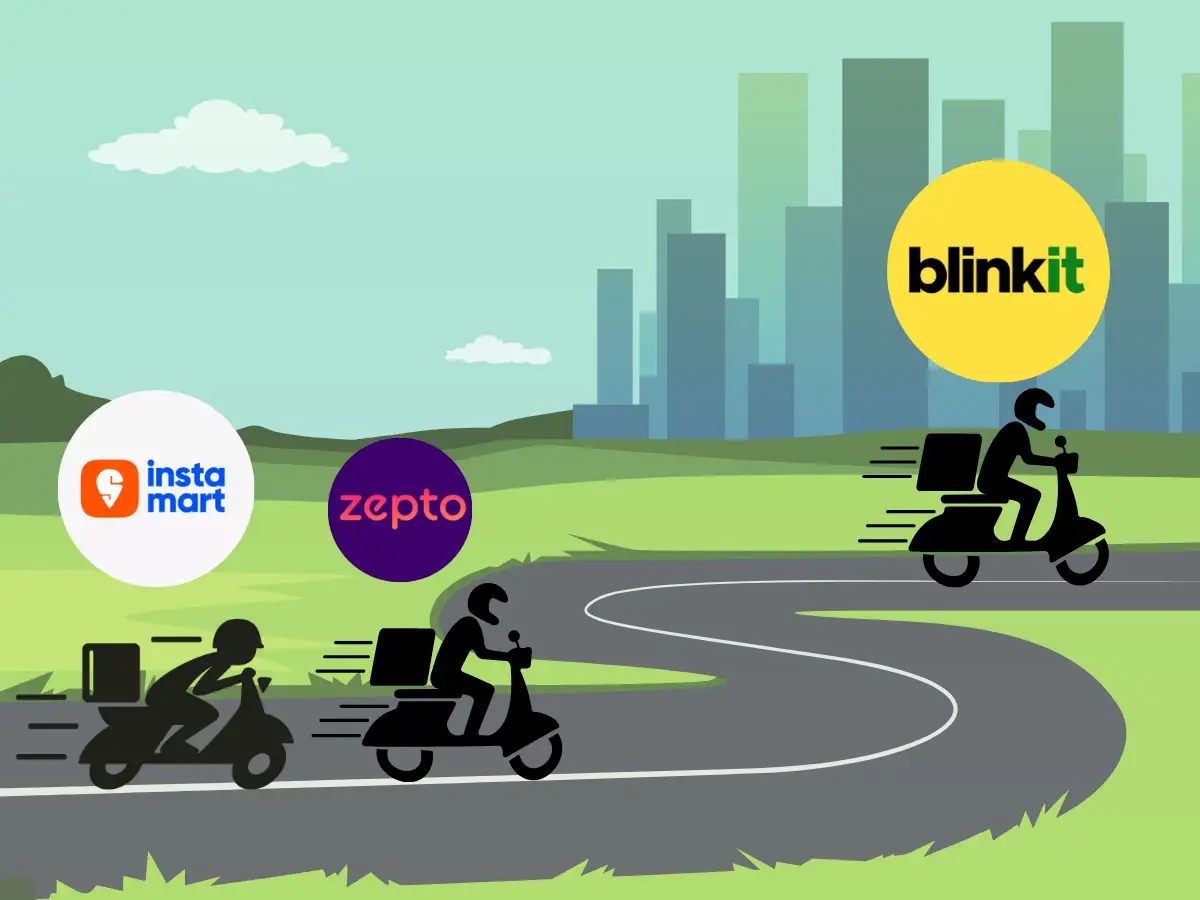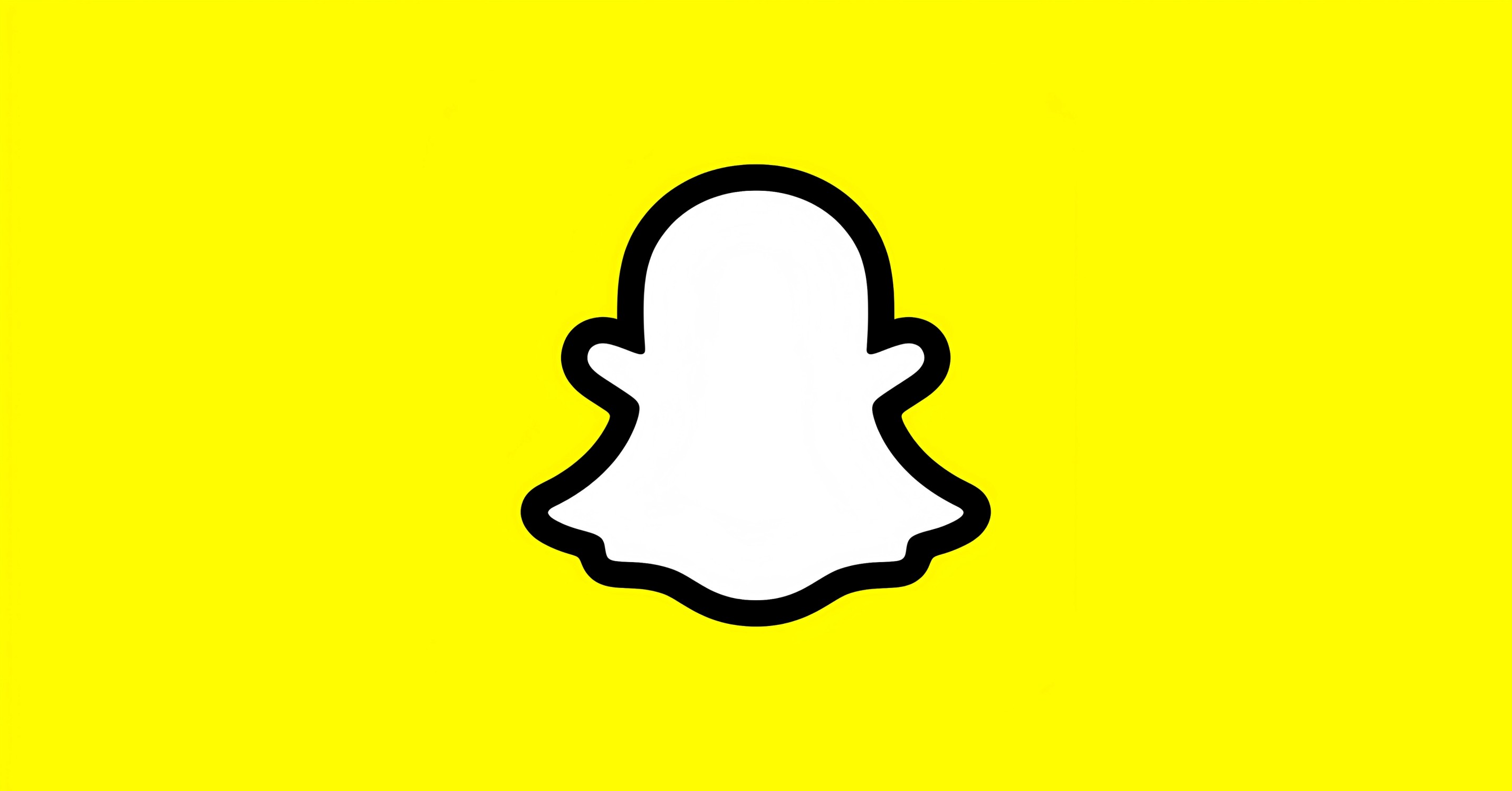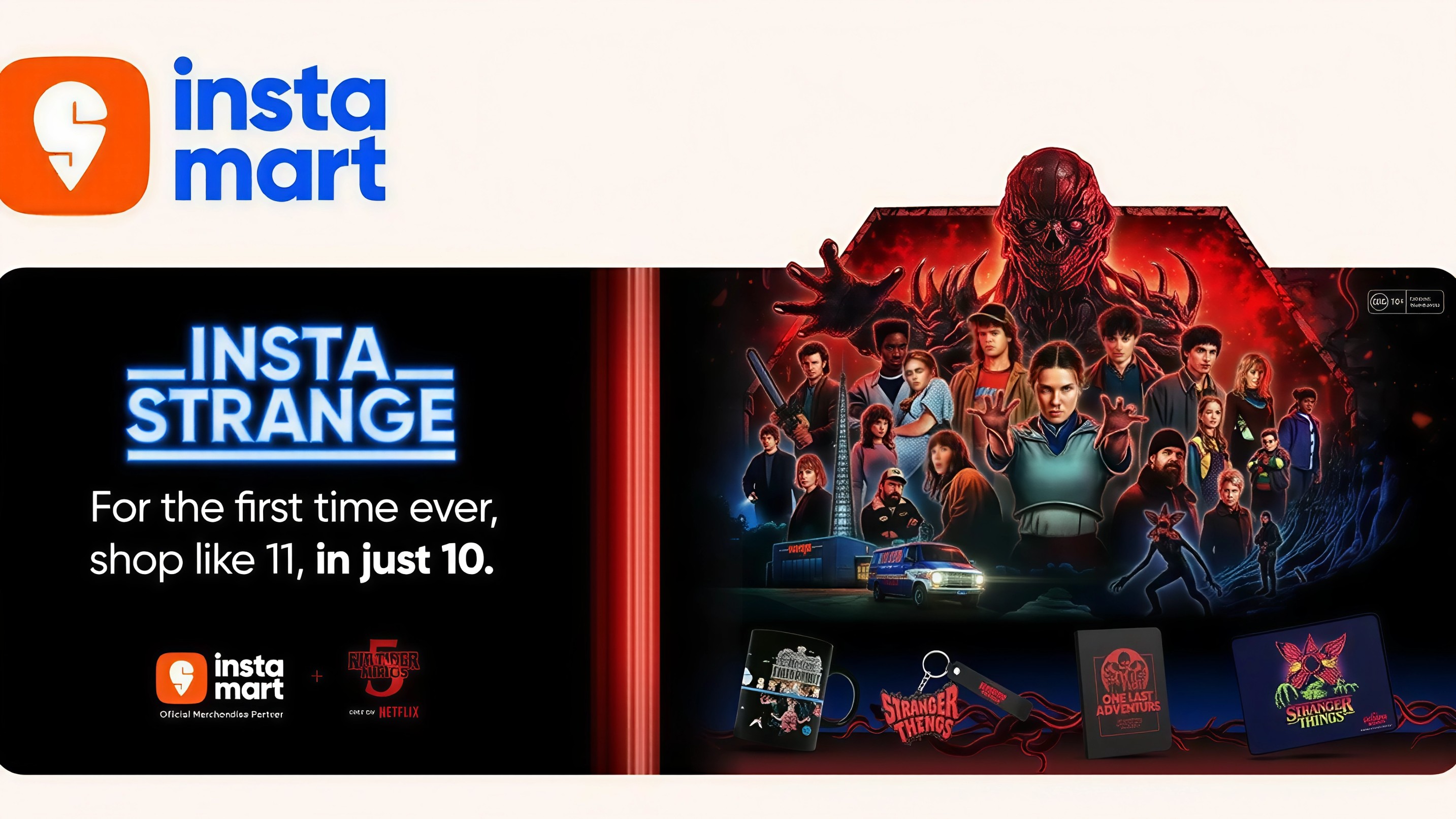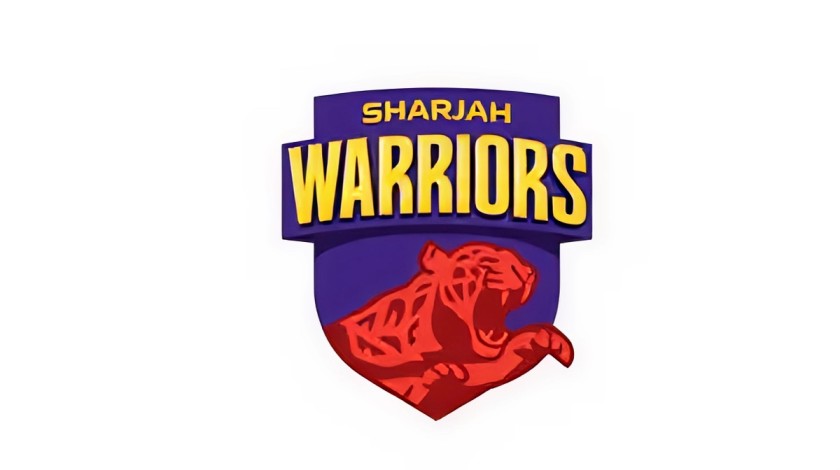This Diwali, India’s quick commerce scene is witnessing a major shift. What once began as a convenient way to get groceries delivered in minutes has now evolved into a fiercely competitive ecosystem, with platforms launching their own in-house brands to control margins, supply chains, and customer experience.

Blinkit, Swiggy Instamart, and Zepto — the Big Three of India’s fast-delivery landscape are embracing private labels and inventory-led models to strengthen profitability. What started as a logistical convenience has now turned into a battle of ownership, as these platforms transition from being distributors to direct sellers.
The Rise of Private Labels in Quick Commerce
The numbers speak volumes. India’s quick commerce market, valued at $5.38 billion, is projected to double by 2030. Blinkit, Instamart, and Zepto collectively reported over $1 billion in revenue in FY25 and have now shifted focus to margin expansion rather than pure growth.
Blinkit’s move to an inventory-led model under its Indian-Owned and Controlled Company (IOCC) structure enables direct sourcing and stock management for brands like Whole Farm, ensuring better profit control. Instamart, meanwhile, has strengthened its private label lineup with Super Harvest and Noice, while Zepto’s in-house brands Daily Good and Relish continue to dominate daily staples and meat categories.
ADVERTISEMENT
Even BigBasket, backed by the Tata Group, maintains a robust ₹4,000 crore private label business that offsets challenges in quick commerce profitability. Across the board, the narrative is clear control over inventory and brand is the new currency of success.
D2C Brands Feel the Pressure
For D2C brands, however, this shift has created new hurdles. The same platforms that once fueled their growth are now prioritizing their own SKUs in search rankings and recommendations. With algorithmic visibility skewed toward private labels, smaller brands face reduced discoverability unless they spend more on paid promotions.
Experts point out that quick commerce players leverage “margin arbitrage” capturing higher profits on private label goods while using aggressive discounts, loyalty programs, and cashback offers to lock in customers. This dynamic tilts consumer behavior in favor of platform-owned brands.
As a result, D2C players are being forced to rethink strategy. Many are expanding into offline retail, exploring alternative digital channels, or investing in premium positioning to preserve brand value.

The Economic Logic Behind the Shift
The logic is simple — private labels help quick commerce platforms reduce dependency on external suppliers, stabilize pricing, and improve margins by as much as 8–10% in certain categories. Everyday products like rice, pulses, snacks, oils, and ready-to-eat meals have become prime targets for in-house brands due to their high purchase frequency and low differentiation.
ADVERTISEMENT
Globally, private labels have already captured over 70% of consumer preference in the US and Europe. In India, over half of urban shoppers now prefer platform-owned products for affordability and convenience.

The Long Game for D2C Brands
Despite the growing dominance of private labels, analysts believe D2C brands still have room to thrive. Market veterans draw parallels with retail giants like DMart and Reliance Retail, where branded products and private labels coexist.
The path forward for D2C brands lies in doubling down on storytelling, quality assurance, and brand recall. As consumers mature, differentiation based on trust and premium experience will continue to give independent labels an edge, even in a private label-dominated market.
As the quick commerce ecosystem expands into Tier II and Tier III cities, competition will only intensify. The platforms’ aggressive push for private labels may create short-term disruption, but it will also raise the bar for innovation and quality across the board.
Follow Marketing Moves on Instagram and Facebook for more insights, stories, and deep dives into the evolving world of retail, media, and marketing in India.















